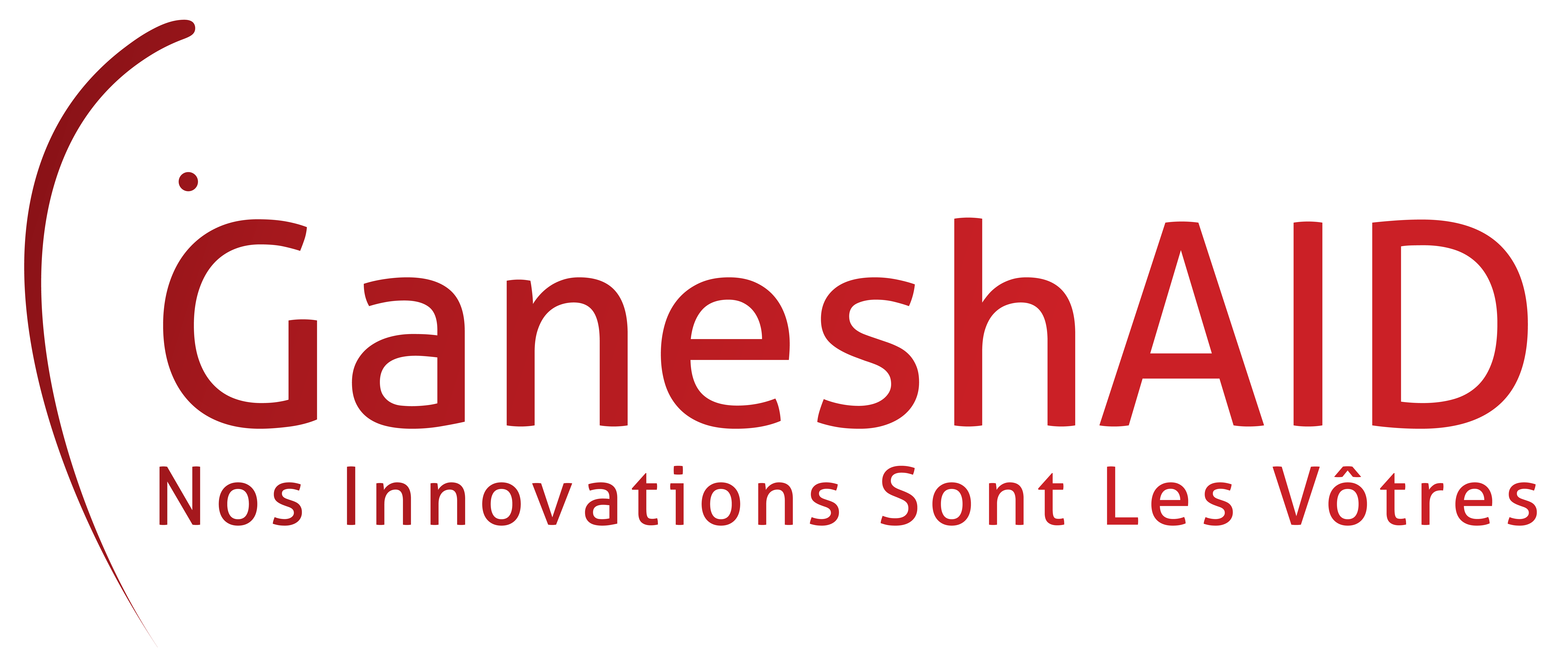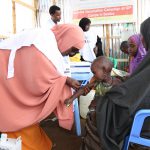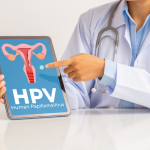Vaccination has saved millions of lives, but not everyone has access to it. People may be prevented from receiving vaccinations by gender-based restrictions and inequality. Both the availability and demand for immunisation services are impacted by gender. We must develop and implement gender-responsive interventions if we increase the number of people who receive immunisations.
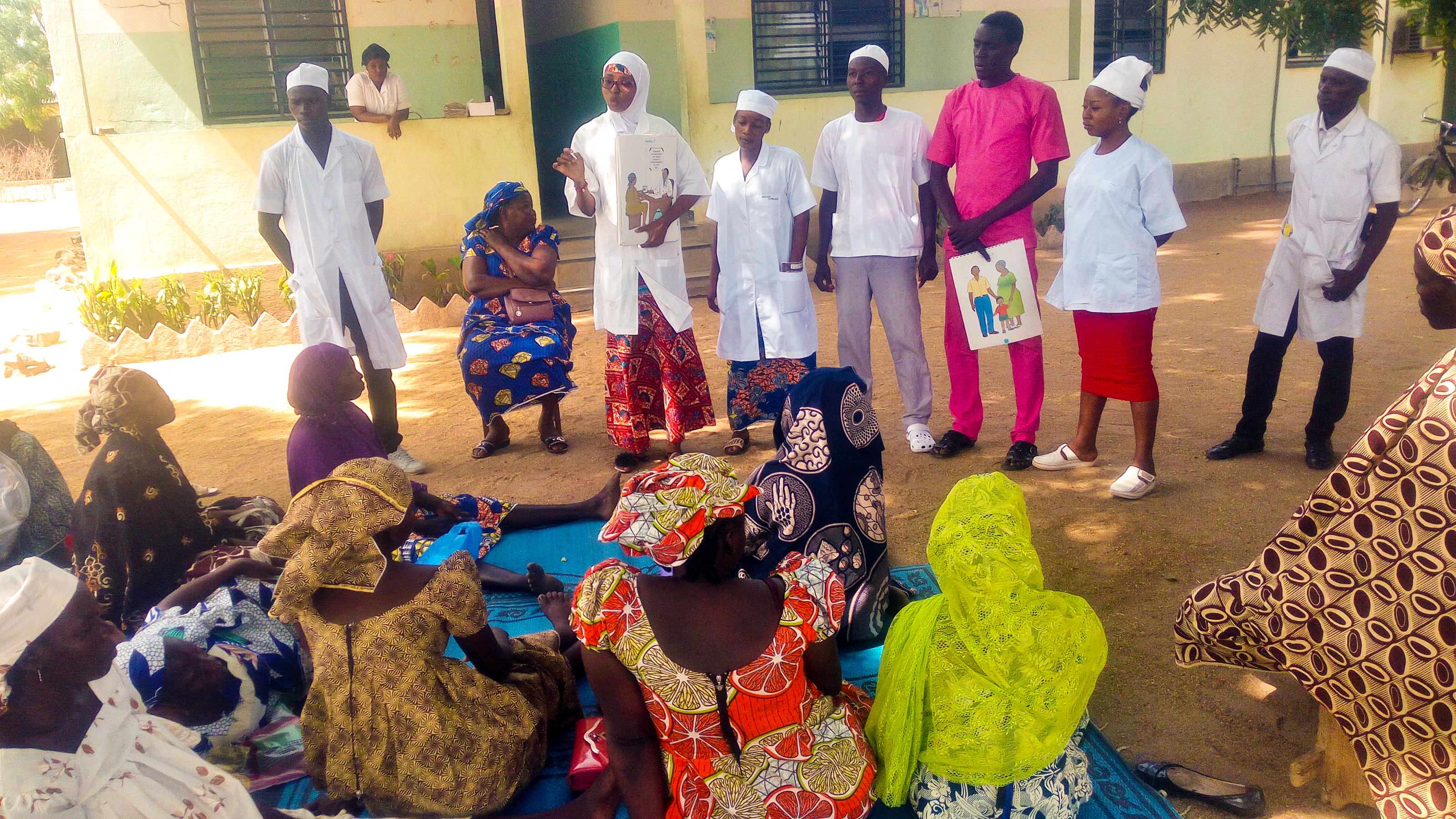
Understanding why some children are not fully vaccinated is essential to ensure equitable access to immunisation. In this blog, we will review another aspect: health education and literacy, including gender-related barriers to insight[1].
In most cases, maternal education has played an essential role in children’s health outcomes. Regarding the low education level and health literacy of caregivers, children of young mothers without education, or at a low education level, are less likely to access health services. Some indicators, such as the probability of hospitalisation, and the health advice-seeking behaviour in children, are higher in children who have parents having completed or enrolled in high school programs or higher education[2]. With their low level of education, mothers and caregivers do not have sufficient awareness of the benefits of vaccination. It is very important to transfer basic knowledge of pathogens such as viruses, germs, communicable diseases, and how to prevent them to mothers and caregivers in lively and understandable ways.
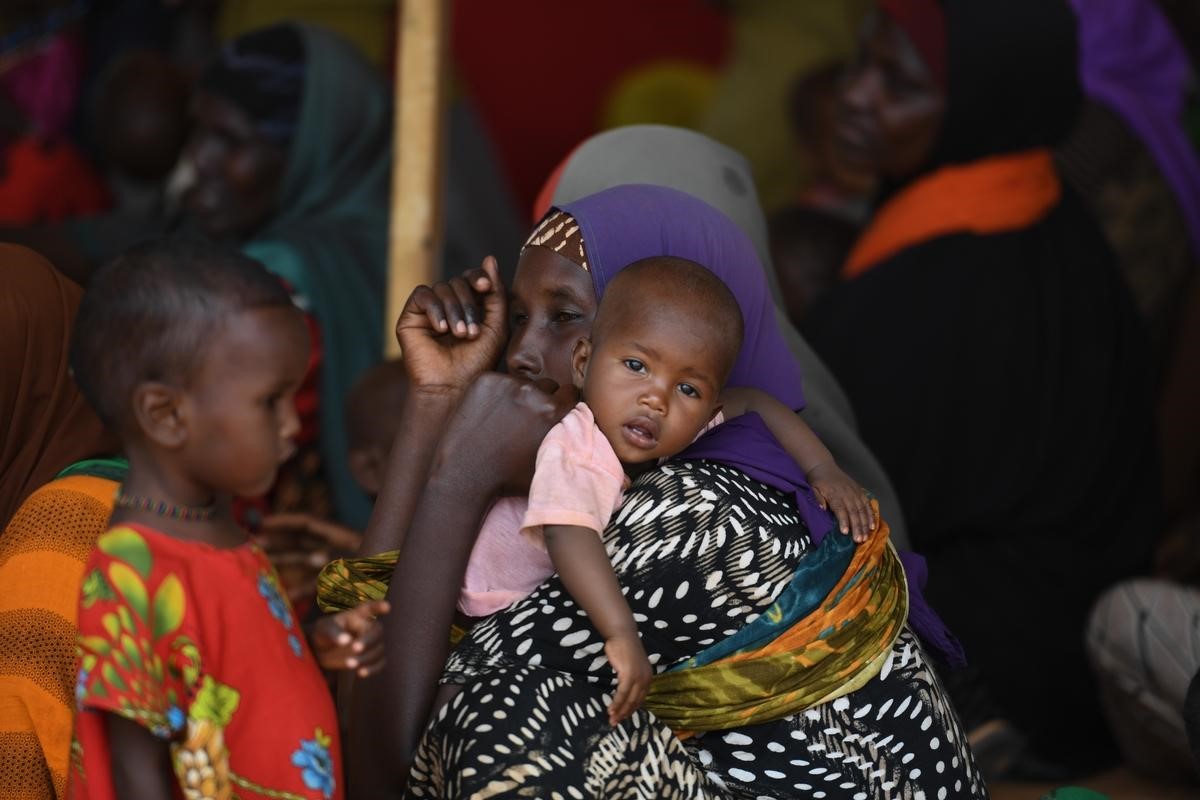
Studies have proven the association between mothers’ education level and their children’s vaccine completion. Literate women are more likely to take their children for vaccinations, regardless of geographical settings[3]. According to a 2010 – 2011 national survey by the Nigerian National Bureau of Statistics, the completion of immunisation was lower among children whose mothers were not educated (31.3% vs. 45.0% in children of educated mothers) and among illiterate mothers (30.5% vs. 48.9% in children of literate mothers). The importance of effective and sufficient education programs should be emphasised in the national strategies to increase vaccination coverage[4].
Education is part of the socioeconomic factors that drive vaccination uptake, not only among children but also among adults. In India, a study described the linkage between maternal education and human, social, and cultural behaviours that affect immunisation outcomes for their children. The results showed that educated mothers had children who received better vaccinations and lived in better conditions. Health services are less accessible to children whose mothers are young and uneducated, particularly those whose families are poor. They struggle to ensure their living conditions and pay more attention to economic issues. Providing affordable health services and appropriate education to disadvantaged women and caregivers can help overcome the barriers to vaccination and increase immunisation uptake.
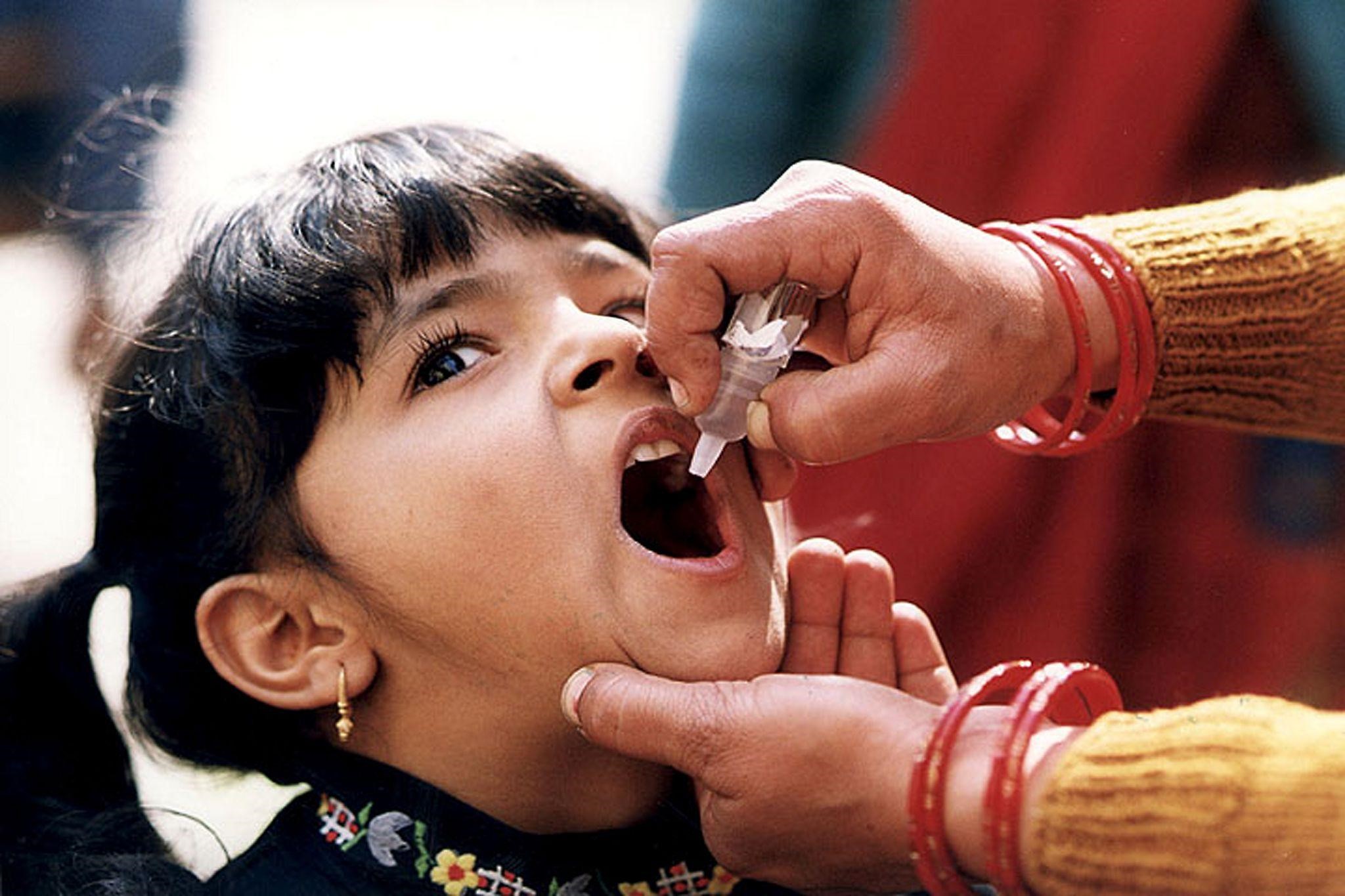
[1] Why gender matters: immunisation agenda 2030. Geneva: World Health Organization; 2021
[2] Jacob Nielsen Arendt, Mads Lybech Christensen, Anders Hjorth-Trolle. Maternal education and child health: Causal evidence from Denmark. Journal of Health Economics. 2021. [doi: 10.1016/j.jhealeco.2021.102552]
[3] Feletto M, Sharkey A. The influence of gender on immunisation: using an ecological framework to examine intersecting inequities and pathways to change. BMJ Glob Health. 2019;4(5): e001711. [doi: 10.1136/bmjgh-2019-001711]
[4] Saliu Adejumobi Balogun et al. Maternal education and child immunisation: the mediating roles of maternal literacy and socioeconomic status. Pan African Medical Journal. 2017;26:217. [doi: 10.11604/pamj.2017.26.217.11856]
